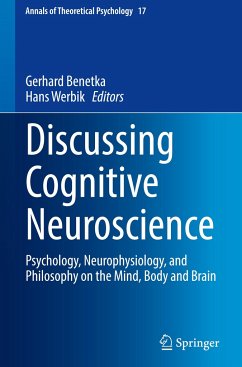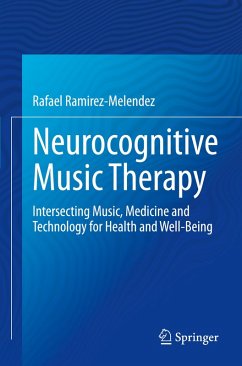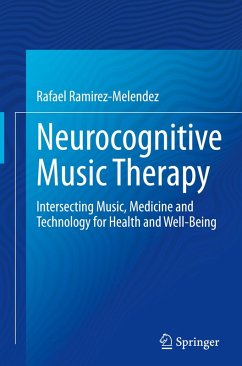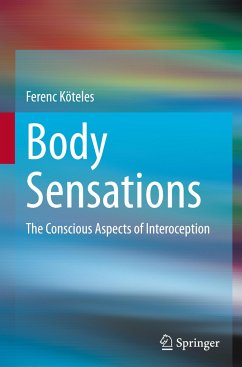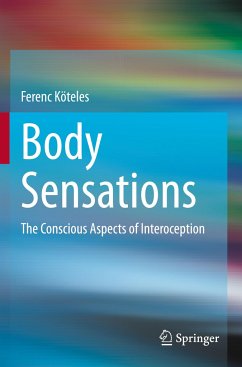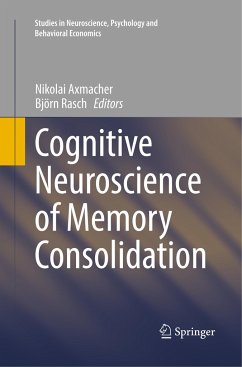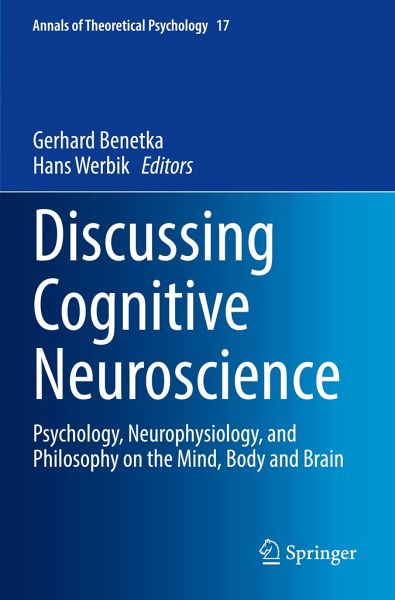
Discussing Cognitive Neuroscience
Psychology, Neurophysiology, and Philosophy on the Mind, Body and Brain
Versandkostenfrei!
Versandfertig in 6-10 Tagen
49,99 €
inkl. MwSt.
Weitere Ausgaben:

PAYBACK Punkte
25 °P sammeln!
The sciences philosophy, psychology and neuroscience share the basis that all refer to the human being. Therefore, an interdisciplinary collaboration would be desirable. The exchange of criticism is an essential requirement for interdisciplinary collaboration. Criticism must be heard and - if possible - considered. Indeed, criticism can be valid or unwarranted. However, whether criticism is unwarranted can only emerge from discussion and conversation. In the discussion of cognitive neuroscience, some criticism can easily be considered (such as the mereological fallacy that represents that talk...
The sciences philosophy, psychology and neuroscience share the basis that all refer to the human being. Therefore, an interdisciplinary collaboration would be desirable. The exchange of criticism is an essential requirement for interdisciplinary collaboration. Criticism must be heard and - if possible - considered. Indeed, criticism can be valid or unwarranted. However, whether criticism is unwarranted can only emerge from discussion and conversation. In the discussion of cognitive neuroscience, some criticism can easily be considered (such as the mereological fallacy that represents that talking about the person is substituted with talking bout the brain). Another issue for an interdisciplinary discussion of cognitive neuroscience is the interpretation of the readiness potential including re-considering Benjamin Libet's classic experiments. Additionally, a critical discussion on cognitive neuroscience must address ethical questions, such as the possibility of the abuse of neuroscientific insight.





